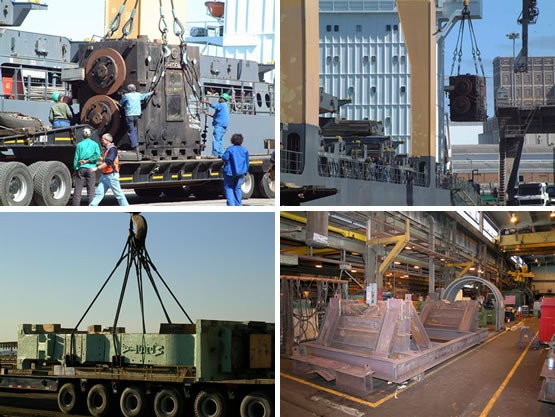Vietnam tightens public investment
The Vietnamese government is continuing its policy of strict control over public investment. Ministries and provinces have been instructed to cut down public investment while involving other economic sectors to invest in socio-economic development projects. Projects which can be converted to other forms of investment will no longer receive state funding. The Vietnamese government is determined to put an end to unfocused investment and attract private investors.
 |
Minister of Planning and Investment Bui Quang Vinh says about two thirds of planned projects will not receive state funds. Vinh notes that ministries and agencies will have to continue developing new mechanisms to lure all possible investment sources for development: “The Ministry of Planning and Investment will review regulations on calling for investment in the forms of Public- Private Partnership and Build-Operate-Transfer to attract more private investors. In this period of time, we should have more open policies, and the State should design more mechanisms to support private enterprises.
The Government’s policy has received positive responses from ministries and provinces. Ho Duc Phoc, Chairman of the Nghe An People’s Committee said his province is ready to facilitate the best conditions for investment to engage in implementing their projects for socio-economic development: “We should, first, speed up administrative reforms to be able to call on private investors to open their purse-strings on top of improved infrastructure, land clearance and human resources. The issuance of such policies aims to make investors realize that they can make high profits when they invest in one province”.
But Minister Vinh added that models to lure private investment should only be applied to projects whose investment capital can be taken back easily and implemented in Hanoi, HCM City and advantageous provinces: “Obviously, it will be more difficult for disadvantaged provinces to change the models of public investment projects. Therefore, the government will provide more capital support for public projects in these areas. However, to ensure these localities use the capital efficiently, they will have to follow common regulations”.
For the first time, the government has clearly defined the responsibilities of persons making investment decisions at projects without clear capital sources. The Ministry of Planning and Investment must announce a detailed plan for the arrangement of the total investment capital for the whole life of a project instead of simply drawing up an annual budget. Based on this financial plan, ministries and localities will decide how to use capital sources efficiently, subject to regular inspections from the central agencies.